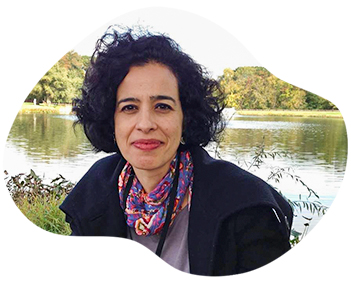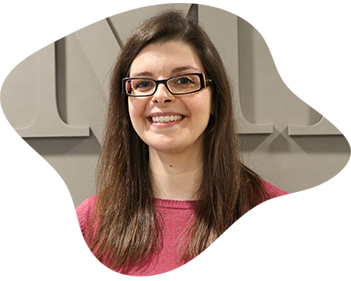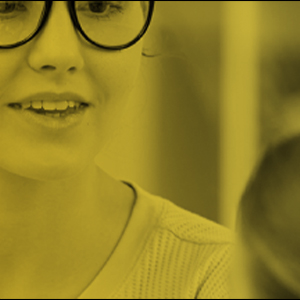
CAMBRIDGE EXPERIENCE
SECOND EDITION | 2020
According to the theme “A meaningful journey to lifelong learning”, the Cambridge Experience is an event of lectures and exchanges of experiences among English language teachers, students of languages, principals, managers and other education professionals.
The event is online and free and registration is open until September 25th 12pm (or as long as there are vacancies).
Realization: Cambridge Assessment English Authorized Centre of Colégio Farroupilha and ”Escola de Professores Inquietos”. Supported by: Cambridge University Press.
ABOUT THE EVENT

FOR WHOM
English Language teachers, students of languages, principals, managers and other education professionals .

WHEN
26th of September (Saturday)

TIME
From 10am to 1pm (Brazilian time)

WHERE
On-line, through Webex (link avaiable after subscription)

DURATION
3 hours.

INVESTMENT
Free

SPEAKERS
SCHEDULE
10am – Opening
10.15am – Lecture “Neuroscience and Learning: evidence-based approach to best practices in the classroom”, with Mirela Ramacciotti
Challenges fuel our brain, the organ of all learning. Creating a meaningful environment for learning demands creativity and knowledge of the learning process. The educator, based on principles of how nature works must rely on cognitive and metacognitive strategies to captivate students’ interest, engage their attention, maintain their focus and consolidate their learning. But now, more than ever, educators need nurture: for the self, the students and the environment, either presential or virtual. Based on principles of Mind, Brain, and Education, educators can nurture the environment in which the pedagogical process unravels by implementing evidence-based practices that optimize learning in these challenging times. Knowing these principles and some of the best practices based on evidence will be the focus of this lecture.
11am – 11.10am – Break
11.10am – Lecture “Socioemotional gains of taking Cambridge exams”, with Alberto Costa
For Cambridge Assessment English, learning English is more than just exams and grades. It’s about having the confidence to communicate and access a lifetime of enriching experiences and opportunities. Cambridge English Qualifications – such as A2 Key, B2 First and C2 Proficiency – give clear objectives for the learner since the different exam levels can function as milestones which a learner reaches along their language journey. But what do we know about the impact of our exams in schools? Do candidates feel less anxious and more confident if they have taken the exam at a previous level? Are young learners less anxious about assessment when they have taken Cambridge English Qualifications specifically designed for their age? Is this experience motivating for them?In this session we will share the results of a study we have done with 1166 learners from Porto Alegre. The study aimed to investigate how candidates feel about sitting international English exams, like the Cambridge English Qualifications, as well as to explore affective, social, and educational factors which may be impacted by the experience of taking international language exams. The learners completed an online questionnaire which focused on aspects such as how they felt about taking the exam, self-confidence, beliefs about intelligence, goal orientation, among others. The results of this survey are promising and will hopefully benefit teachers and institutions in their pursuit to build learners’ confidence and show them what they are capable of.
11.50am – 12pm – Break
12pm – 12.55pm – Lecture “Learning to Learn: How to develop competent, autonomous and reflective learners in the English language classroom”, with Jasmin Silver
Our world is changing fast and we want to prepare our students with the skills they need to adapt, face challenges and take advantage of new opportunities. But how do we know exactly what skills we should be developing in our students and how do we integrate them into our English teaching? These are the questions that Cambridge has been trying to address by developing the Cambridge Life Competencies Framework, which defines in more detail what key life competencies look like in the classroom. This session will demonstrate how the framework can be used to help teachers better understand Learning to Learn skills and how these can be taught through English. Participants will be given the opportunity to identify effective materials for teaching Learning to Learn skills to their learners as well as to develop and share further ideas of how these can be taught in their classrooms.
12.55pm – 1pm – Closing







